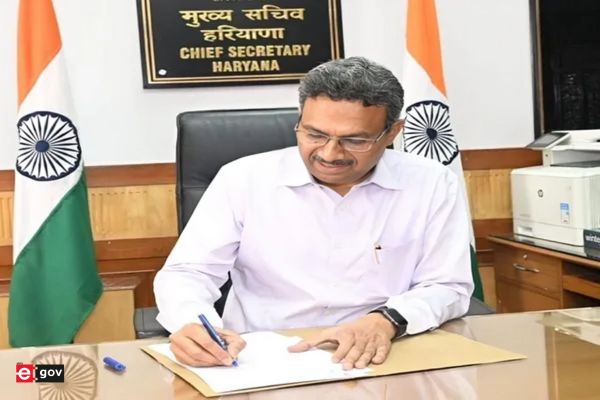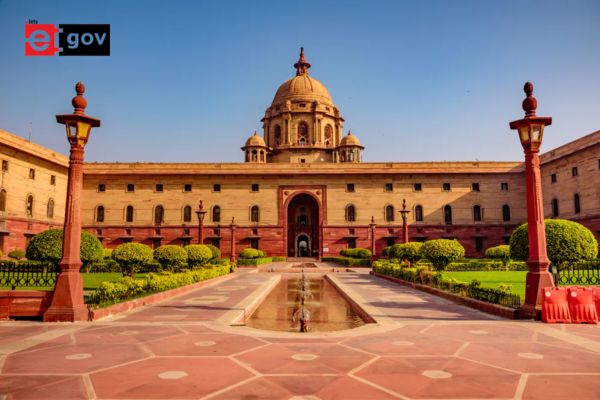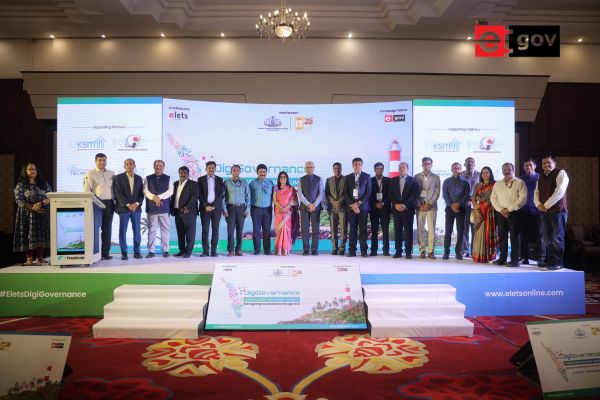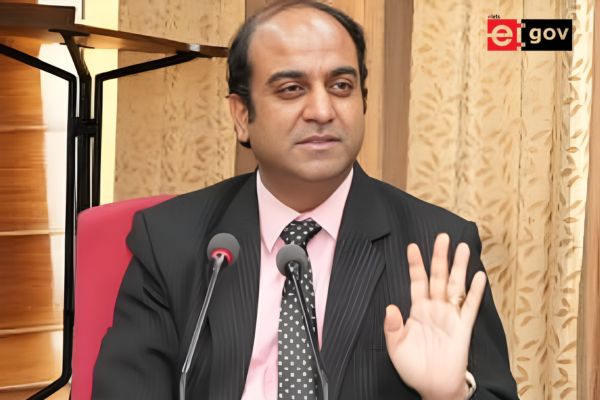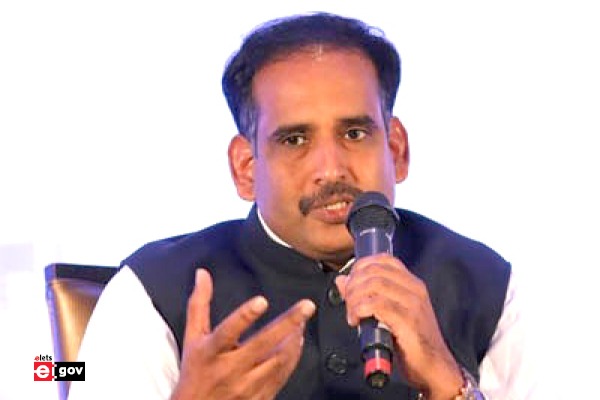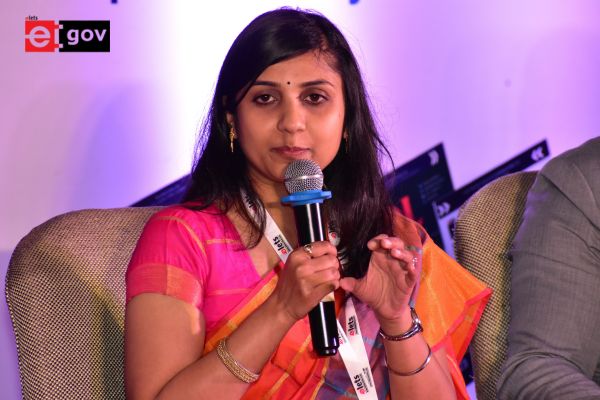
In a noteworthy development, the Reserve Bank of India (RBI) made a significant announcement on Friday, declaring an increase in the UPI (Unified Payments Interface) payment limit for hospitals and educational institutions. The new limit has been raised from the existing Rs 1 lakh to Rs 5 lakh per transaction. Additionally, the cap for e-mandates used for recurring payments has been elevated to Rs 1 lakh.
During the announcement made as part of the December bi-monthly monetary policy, RBI Governor Shaktikanta Das revealed that the limits for various categories of UPI transactions have undergone periodic evaluations. Governor Das stated, “It is now proposed to enhance the UPI transaction limit for payments to hospitals and educational institutions from Rs 1 lakh to Rs 5 lakh per transaction.”
This increased UPI transaction limit is expected to empower individuals to conduct higher-value transactions, particularly for expenses associated with education and healthcare. Governor Das also emphasized the growing popularity of e-mandates among customers.

Under the existing e-mandate framework, an additional factor of authentication (AFA) is mandated for recurring transactions exceeding Rs 15,000. However, Governor Das noted, “It is now proposed to enhance this limit to Rs 1 lakh per transaction for recurring payments related to mutual fund subscriptions, insurance premium subscriptions, and credit card repayments.” This move is anticipated to further promote the use of e-mandates for recurring payments.
In a parallel development, the RBI also unveiled plans to establish a “Fintech Repository” aimed at gaining better insights into the fintech ecosystem’s dynamics and supporting the sector’s growth. RBI Governor Das stated, “This repository will be operationalized by the Reserve Bank Innovation Hub in April 2024 or earlier, with fintech companies encouraged to voluntarily provide relevant information.”

Furthermore, the RBI is actively working on creating a cloud facility tailored for the financial sector in India. Governor Das explained that financial entities such as banks and NBFCs are increasingly relying on cloud facilities to manage their ever-expanding data volumes. He added, “The Reserve Bank is working on establishing a cloud facility for the financial sector in India to enhance data security, integrity, and privacy, as well as facilitate better scalability and business continuity.”
The rollout of this cloud facility is planned to occur gradually over the medium term, according to Governor Das, signaling the central bank’s commitment to advancing financial infrastructure in the country.
Be a part of Elets Collaborative Initiatives. Join Us for Upcoming Events and explore business opportunities. Like us on Facebook , connect with us on LinkedIn and follow us on Twitter, Instagram.
"Exciting news! Elets technomedia is now on WhatsApp Channels Subscribe today by clicking the link and stay updated with the latest insights!" Click here!




